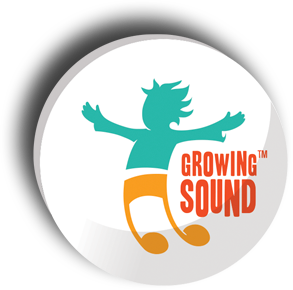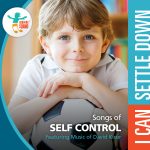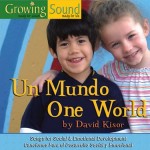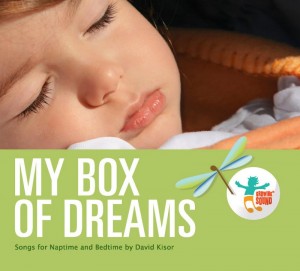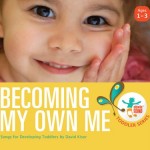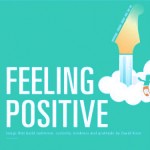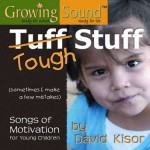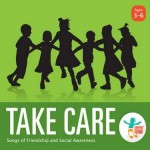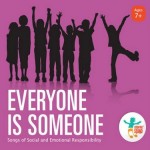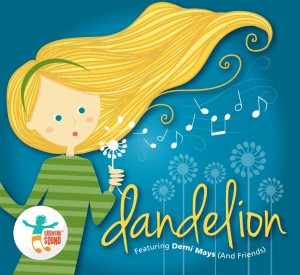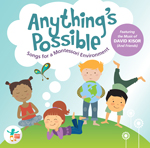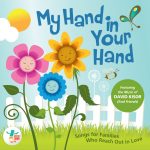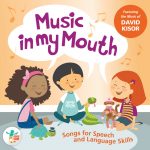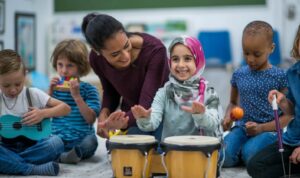
In this article, we will explore the benefits of music in children’s cognitive development, the ways in which music helps shape the brain, and the long-term advantages of early exposure to music. We will delve into the scientific evidence behind these claims and provide practical insights for parents and educators on how to incorporate music into a child’s life to maximize cognitive growth.
Understanding Cognitive Development
Cognitive development refers to how children think and process information as they grow. It encompasses various mental processes such as memory, problem-solving, decision-making, and language acquisition. These cognitive skills are essential for a child to navigate and excel in their daily lives.
During the first five years of life, children experience rapid growth in various developmental areas. These include language and communication, physical development, emotional development, and cognitive development. While all these areas are interconnected, cognitive development plays a crucial role in shaping a child’s ability to understand, learn, and engage with the world around them.
The Benefits of Music in Children
Music plays a significant role in early childhood development, particularly in building the neural connections necessary for speech, language, body movements, and cognitive skills. The benefits of music in children are vast and encompass various aspects of their overall development. Let’s explore some of these benefits:
Language Development
Babies who are exposed to music and sounds from an early age have been found to babble and mimic music more easily. This early exposure helps improve their vocabulary and develops the neural pathways required for speaking and listening. Research has shown that actively engaging in music during childhood enhances language pronunciation, verbal memory, and overall communication skills.
Increased Intelligence Quotient (IQ)
Studies have revealed a positive correlation between learning to play musical instruments and increased IQ in children. Children who consistently practice playing an instrument for a year or more have shown higher IQ levels compared to their peers. Learning music requires discipline, patience, and focus, which contribute to enhanced cognitive abilities and overall intelligence.
Development of Perseverance and Patience
Learning music and musical instruments demands perseverance and patience. By engaging in music from an early age, children develop these essential qualities, which benefit them in various aspects of life. The discipline required to master an instrument fosters resilience, determination, and the ability to overcome challenges.
Enhanced Brain Connectivity
When children are exposed to different types of music, their brain cells form more connections. The more diverse the music and its associations (such as dancing), the greater the increase in connections between brain cells. This heightened connectivity leads to improved cognitive function, including memory, attention, and problem-solving abilities.
Emotional Well-being and Positivity
Music has a profound impact on a child’s emotional well-being. It has the power to uplift moods, create joy, and prevent sadness and illness. Listening to music triggers the release of dopamine, a neurotransmitter associated with pleasure and reward. This positive emotional response contributes to overall happiness and mental well-being in children.
Improved Concentration
Learning music requires careful listening and attention to instructions, rhythm, and pitch. This process enhances a child’s concentration skills, allowing them to focus on tasks for more extended periods. The ability to concentrate is a vital cognitive skill that has far-reaching benefits in academic and personal endeavors.
Emotional Development and Confidence
Studying music at a young age has been linked to emotional development and increased self-esteem in children. The act of learning music, combined with encouragement from teachers and parents, fosters confidence and creativity. Music provides an outlet for self-expression, enabling children to develop their emotional intelligence and communication skills.
Mood Regulation and Stress Reduction
Just as parents use lullabies to calm their babies, music has the power to act as a mood lifter and stress reducer. It can help regulate emotions and create a sense of calm and relaxation. Research has even shown that certain types of music can complement medical treatments by reducing heart rate and blood pressure, promoting overall well-being.
Improved Hand-Eye Coordination
Playing a musical instrument requires the integration of physical movements and cognitive processing. As children learn to read musical notes and translate them into physical actions, their brain develops advanced hand-eye coordination. This enhanced coordination positively affects other areas of their lives that require fine motor skills and precision.
Brain Plasticity and Structural Changes
Studies using magnetic resonance imaging (MRI) have revealed fascinating insights into the brains of individuals trained in music. Highly trained musicians exhibit increased brain plasticity, which is the brain’s ability to adapt and rebuild its structure, connections, and functions in response to stimuli. These structural changes result in increased gray matter volume, particularly in areas associated with memory, movement control, and emotional regulation.
Furthermore, the brains of children who learn to play musical instruments show functional and structural variations in regions responsible for refined auditory discrimination and motor skills. The connectivity of multi-sensory and motor areas of the brain is enhanced, facilitating coordinated performance and a harmonious interplay between music and cognitive functions.
With these numerous benefits in mind, it becomes clear why music should be an integral part of a child’s cognitive development. By nurturing a child’s musical abilities from an early age, parents and educators can unlock their full cognitive potential and set them up for success in various aspects of life.
How Music Facilitates Cognitive Development in Children
Music has a profound impact on the cognitive development of children, shaping the way they think, learn, and process information. Let’s explore the different ways in which music influences cognitive development:
1. Auditory Memory, Pitch Discrimination, and Selective Attention
Listening to music enhances auditory memory, pitch discrimination, and selective attention. The complex patterns and melodies in music engage various brain structures, stimulating and strengthening the network responsible for these cognitive processes. By actively listening to music, children improve their ability to process and retain auditory information, discerning different pitches and tones while maintaining focused attention.
2. Stimulating Cognitive Connections
Learning music requires children to recognize patterns, sequences, and relationships between different musical elements. As they practice and internalize these connections, a stimulus is maintained within their brains, allowing them to relate one musical element to another. This cognitive stimulation strengthens their ability to recognize patterns and make connections in other domains of their lives, such as problem-solving and logical reasoning.
3. Emotional Connections and Associative Memories
Music has a unique way of conveying meaning through emotional connections and associative memories. When children listen to music, it triggers emotions and associations with specific experiences or memories. This emotional engagement enhances brain activity and strengthens the cognitive connections associated with those emotions and memories. By harnessing the power of music, children can develop a deeper understanding of emotions and their impact on cognitive processes.
4. Brain Plasticity and Structural Changes
Extensive training in music has been shown to increase brain plasticity, allowing the brain to adapt and restructure itself based on various stimuli. The brains of highly trained musicians exhibit structural differences, including increased gray matter volume. Gray matter plays a vital role in retaining memories, controlling movements, and regulating emotions. Exposing children to music from an early age contributes to the ongoing development of gray matter, which continues until the age of eight.
5. Enhanced Motor Skills and Multi-Sensory Integration
Playing musical instruments requires precise motor movements and coordination. The brain of a child trained in music exhibits functional and structural variations in regions associated with auditory discrimination and motor skills. These skills include refined auditory processing and fine motor control of the hands. Magnetic resonance imaging (MRI) studies have demonstrated increased connectivity between multi-sensory and motor areas of the brain in individuals trained in music. This enhanced connectivity allows for seamless integration of sensory information and motor planning, resulting in coordinated performance.
Music has the power to shape and mold the developing brain, enhancing cognitive abilities that extend beyond the realm of music itself. By understanding the mechanisms through which music facilitates cognitive development, parents and educators can leverage this knowledge to support children’s growth and learning.
The influence of music on cognitive development in children is undeniable. By providing early exposure to music, parents and educators can unlock the potential for enhanced cognition, language development, emotional well-being, and overall intelligence. Music facilitates brain connectivity, strengthens neural pathways, and promotes structural changes that optimize cognitive functions.
To maximize the benefits of music, parents and educators should incorporate music into a child’s daily life, encouraging active engagement, and providing opportunities for learning and exploration. Whether through singing, playing instruments, or simply listening to a diverse range of music, children can reap the rewards of music’s transformative effects on cognitive development.
So, let the power of music guide the path to cognitive growth and unlock the full potential of every child’s mind.
Growing Sound’s Music is Based on the Latest Research in Cognitive Development.
We have received numerous awards for our products including Mom’s Choice Award, Parent’s Choice Award, Teachers Choice Award, Creative Child Magazine Award, Family Review Center Awards, Oppenheim Award, and more.
Click on an Collection To Listen To the Music!
Who You’ll Be Someday:
Songs and Stories for
Naptime and Bedtime
Ages 0-4
Contact us for more information!
